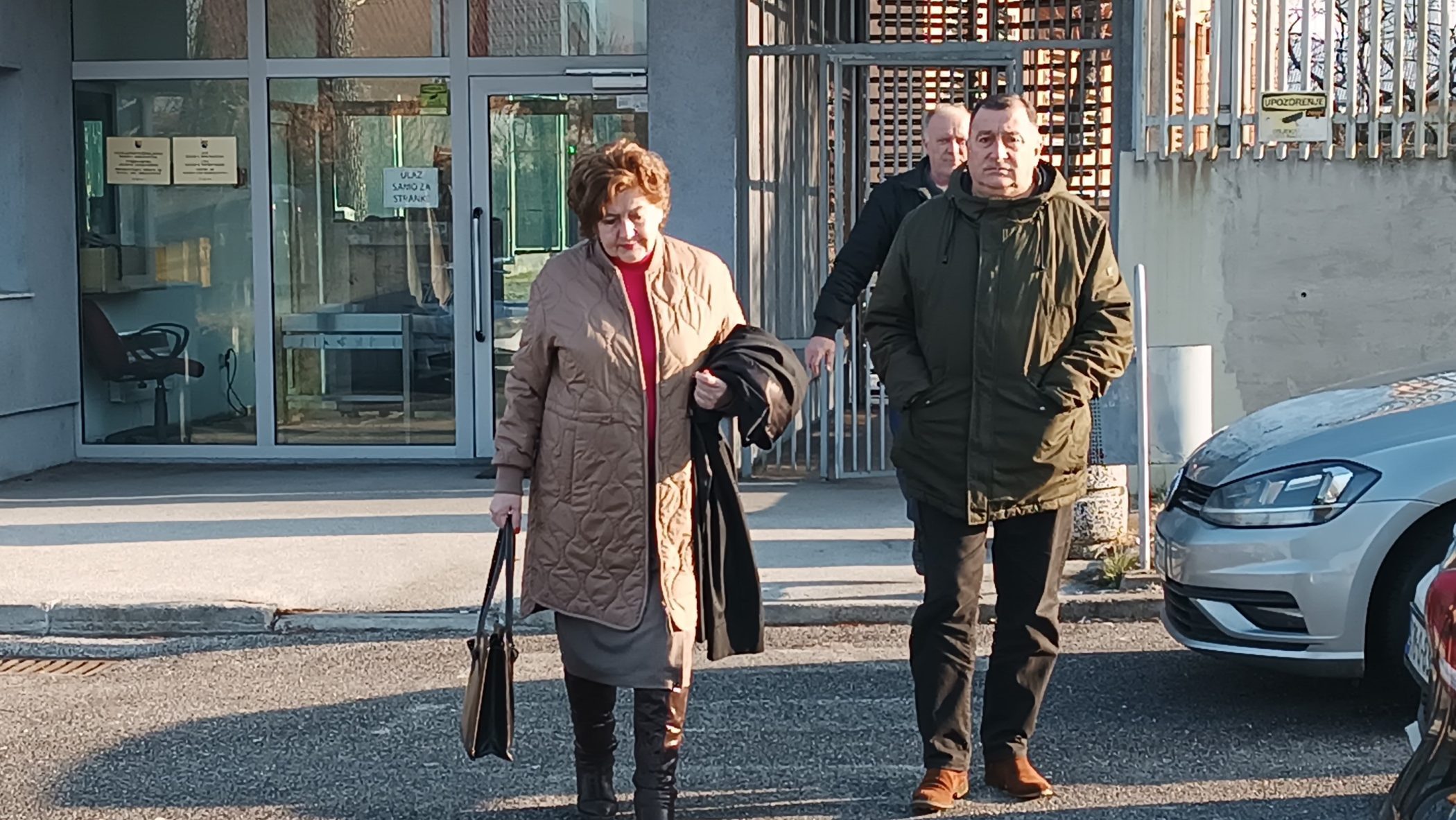This post is also available in: Bosnian
The first witness testifying for the Defence of the former Manager of “Butmir” Penal and Correctional Facility in Kula, near Sarajevo, claims that Milenko Tepavcevic was the supreme authority in the prison during the course of the war, adding that “whatever the Police Chief said was executed”.
“Milenko Tepavcevic was the supreme authority. Whatever he said was considered a done deal,” said Protected Witness G, who used to work in Kula. However, he was not able to give an example of an order issued by Tepavcevic to indictee Radoje Lalovic.
The Prosecution of Bosnia and Herzegovina charges Lalovic and Soniboj Skiljevic with events in Kula, where detainees, including women and children, were “held in inhumane conditions” and forced to perform hard labour.
The indictment alleges that Lalovic was the Kula Facility Manager and Skiljevic was his Deputy until the end of 1992, when Skiljevic took over as Manager, a postion he held until 1995.
Milenko Tepavcevic, former Chief of the Public Safety Station in Novi Grad, Sarajevo, was examined as a Prosecution witness. In December 2007 he was suspended from the post of Chief of Section for Security of People and Buildings with the State Investigation and Protection Agency, SIPA, due to a suspicion that he committed war crimes against civilians.
Witness G further alleged that the military had the primary responsibility for prisoners in Kula. Police had a secondary responsibility and the Facility workers came third in the line of responsibility.
“Those detainees were taken to other locations to perform labour. A soldier would come from Grbavica. He had an earring. In my opinion, he was not a good man. He used to take prisoners with him. They have probably registered their names somewhere. All I know is that nobody addressed me concerning this issue,” the witness said.
Witness G said non-Serb detainees who were held in Kula stayed in different rooms from Serb detainees, though the food they received was the same.
“In the beginning detainees were guarded by police in Kula. We used to take them food to their rooms. Later on we let them eat in the restaurant. We would let all the prisoners from one room go at the same time before letting prisoners from other rooms go. We did not want to create commotion,” the witness said.
He said that non-Serb detainees were “examined by members of the crime police section”, adding that Luka Majstorovic was a member of that section.
“I can guarantee you that nobody was injured. I did not attend the questioning, so I can say that I think that there were no injuries,” Witness G said.
The public was excluded from one part of this witness’ testimony.
Lalovic’s Defence then examined witness Milenko Todorovic, who said that he was an active policeman in Kula for almost two months, “until the end of July 1992”.
“I stood guard a couple of times in front of the premises where non-Serb detainees were held. I noticed that there were beds in some rooms, and there were mattresses in others. I do not know how many detainees there were, perhaps 20 or 30. I cannot say for sure, as I did not see the buses that brought them there,” Todorovic said.
He said detainees were “brought and taken away by the military”. They were questioned by members of the Crime Police Section.
“I was not present when the detainees were taken to other locations to perform labour. I know that they used to go to the farm by truck,” the witness said, confirming during cross-examination that the farm was about one kilometer away from Kula.
The witness said he thought that Lalovic had arrived at Kula after him, “some time in mid or late May 1992”. He said that he did not see him very often, because he was at the agricultural farm.
The trial is due to continue on August 20.


